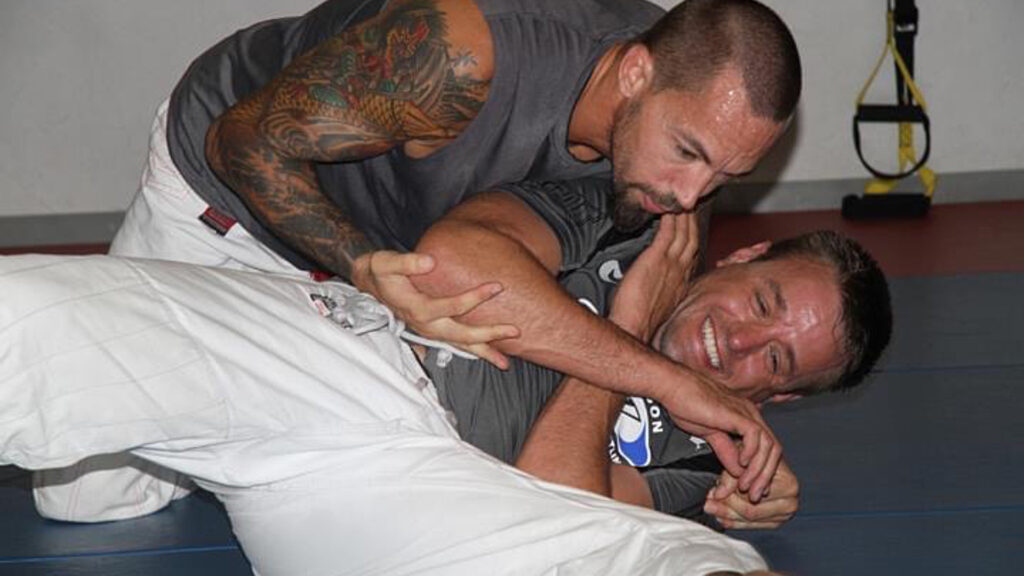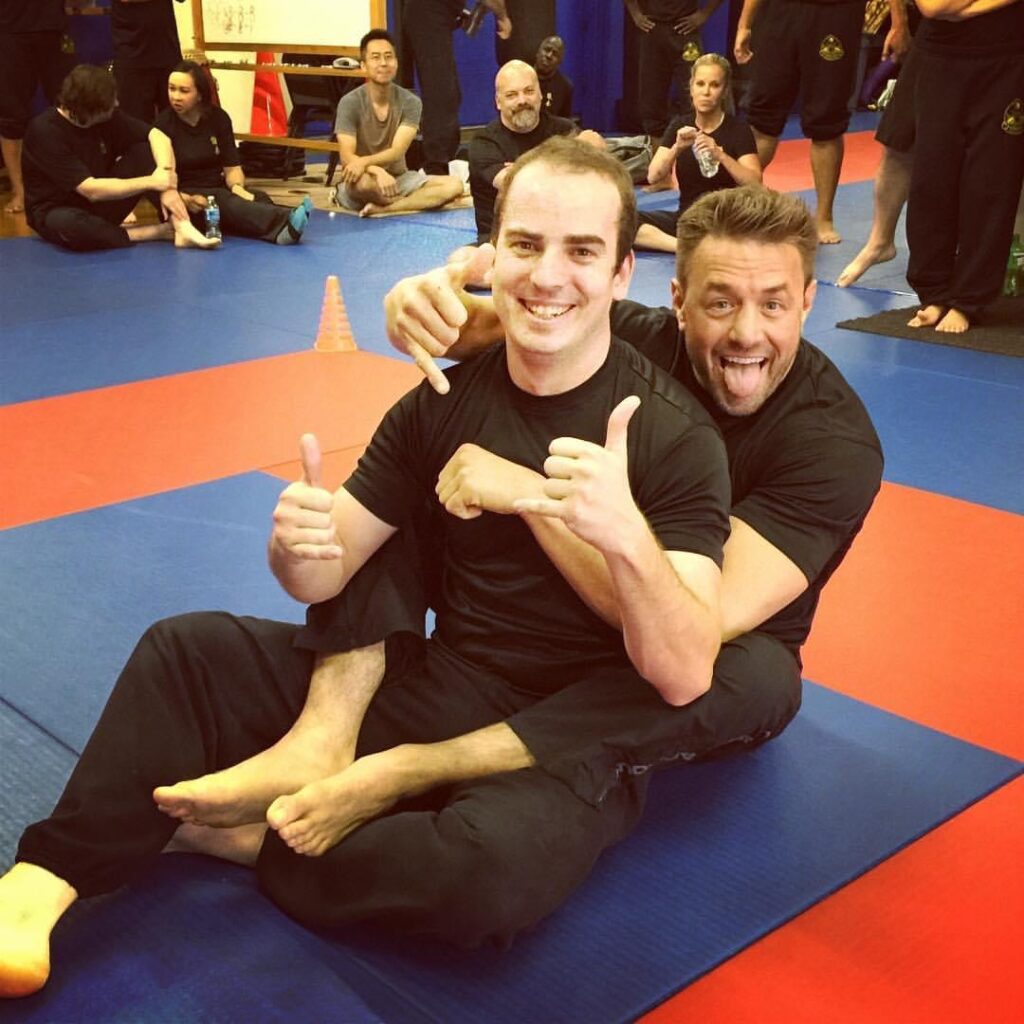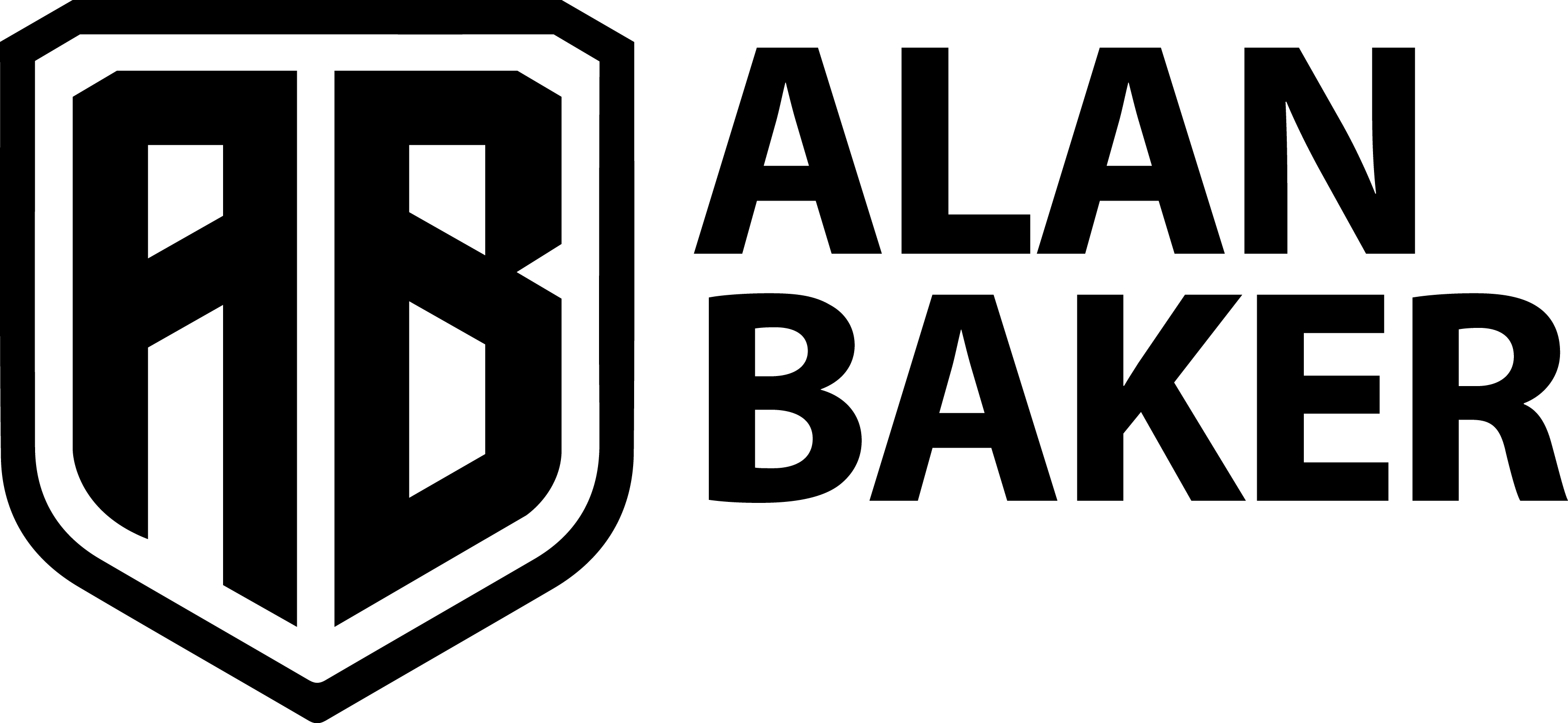
In a world constantly evolving and presenting new challenges, the ability to change one’s perspective is not just beneficial; it’s essential. Perspective, in its essence, is an individual’s unique point of view, shaped by experiences, beliefs, and personal values. It’s a lens through which we interpret the world around us. But what happens when this lens restricts rather than expands our understanding? The answer lies in learning the art of changing perspective.
Understanding Perspective
Perspective is the mental vantage point that colors our interpretation of events, concepts, and objects. It’s a blend of what we see and how we see it. As renowned philosopher Seneca once said, “We suffer more in imagination than in reality.” This profound statement underscores the immense power our perspective holds over our experience of life. It’s often not the events themselves that impact us most but our interpretation of them.
When life presents us with struggles, it’s common to find ourselves immobilized, caught in the grip of the moment’s intensity. This mental paralysis can be overwhelming as we become ensnared in a vortex of negative thoughts and emotions. Our focus narrows, fixating on the problem’s magnitude rather than potential solutions. It’s as if we’re stuck in quicksand; the more we struggle with our standard thinking patterns, the deeper we sink.
“If you change the way you look at things, the things you look at change.” – Wayne Dyer
In these moments of struggle, a change in perspective can act like a lifeline thrown into that quicksand. It’s not just about seeing the glass as half full rather than half empty; it’s about understanding that the glass can be refilled. This shift in thinking can transform the entire situation and, crucially, our reaction to it.

A changed perspective enables us to break free from the mental freeze. It’s like turning on a light in a dark room. Suddenly, the insurmountable obstacles are illuminated in a new light, revealing paths forward we hadn’t seen before. This doesn’t diminish the struggle’s reality but alters our engagement with it.
For instance, consider a professional setback. Viewed through a negative lens, it’s a failure, a blow to our ego and career. Shifting that perspective becomes an opportunity to learn, grow, and perhaps even pivot in a more fulfilling direction. Similarly, when viewed as a chance to develop resilience and empathy, personal challenges transform from burdens into invaluable life lessons.
This reorientation of perspective doesn’t just change our perception; it changes our reality. We move from passivity to action, from being reactive to proactive. What once seemed like an endless tunnel now has a light at the end of it. We navigate through life’s challenges more swiftly, not because the challenges are lesser, but because we are equipped with a mindset that seeks solutions rather than dwelling on problems.
“You have power over your mind – not outside events. Realize this, and you will find strength.” – Marcus Aurelius.
Furthermore, this shift has a ripple effect on our overall well-being. Stress and anxiety, often products of feeling stuck and helpless, diminish as we gain agency over our situation. Our relationships improve as we approach conflicts and misunderstandings with a mindset geared toward understanding and resolution.
Changing our perspective in times of struggle is more than an exercise in positive thinking. It’s a powerful tool that frees us to take effective action and move through life’s inevitable challenges with greater ease and resilience. This approach doesn’t ignore the realities of hardship; instead, it offers a more constructive way to engage with them, transforming obstacles into stepping stones on personal and professional growth.
The Warrior’s Mindset: Harnessing Perspective
Adopting what I like to call the ‘warrior’s mindset’ means taking control of your perspective. It involves actively questioning how a shift in viewpoint can improve outcomes. Initially, this concept might seem abstract or even unattainable. However, with practice, changing your perspective can profoundly influence your life.

When my teachers first introduced me to the concept of changing perspective, it seemed like an abstract, perhaps even impractical, idea. The notion that simply altering how one views a situation could significantly impact real-life outcomes felt far-fetched. After all, how could a mere shift in thought change the tangible realities we face daily?
However, as I navigated through the various stages of life, the profound impact of this ‘mind tool’ became increasingly apparent. It wasn’t an overnight revelation but a gradual awakening to the power of perspective.
In the early days, my skepticism often led me to dismiss opportunities for perspective change. I clung to my viewpoints, believing them to be concrete reflections of reality. However, in its unpredictable nature, life kept presenting scenarios that challenged these fixed perceptions.
“We suffer more in imagination than in reality.” – Seneca
Over time, I started experimenting with altering my perspective in small, everyday situations. A traffic jam was no longer a frustrating delay but an opportunity to listen to a favorite podcast or audiobook. A project setback at work became a chance to learn and grow rather than a defeat. Slowly, these shifts in thinking began to change my outlook and my experiences.
The most striking realization was the cumulative effect of these small perspective shifts. Each change in viewpoint acted like a ripple, creating a more significant impact over time. My relationships improved as I began to see conflicts from others’ viewpoints. My professional life advanced as I learned to approach challenges as opportunities for innovation rather than obstacles.
The journey from skepticism to embracing perspective change has been transformative. What began as a puzzling concept taught by my teachers evolved into a powerful tool that reshaped my life’s path. It taught me resilience, empathy, and the value of an open mind.
In retrospect, the influence of this mind tool on my life is undeniable. It has enabled me to navigate life’s complexities with greater ease and adaptability. This journey has reinforced a vital lesson: how we see the world shapes our experiences within it. As I continue to apply this tool in various aspects of my life, I find myself grateful for that initial, albeit perplexing, introduction to the power of changing perspectives.
Strategies for Changing Your Perspective
- Ask for Feedback: Sometimes, gaining perspective requires stepping outside yourself. Seeking feedback can provide new insights into familiar situations.
- Challenge Assumptions: We often operate on assumptions that may not be accurate. Question these assumptions to open up new ways of thinking.
- Step Outside Your Comfort Zone: New experiences can dramatically shift your perspective. Whether traveling, meeting new people, or trying new activities, each new experience broadens your worldview.
- Reflect and Journal: Reflection helps in understanding your current perspective. Journaling is a powerful tool for gaining clarity and insight.
- Practice Mindfulness: Mindfulness and meditation can aid in detaching from preconceived notions, allowing for a more objective view of situations.
- Talk to a Therapist or Coach: Sometimes, changing perspective requires professional guidance, especially for deep-rooted beliefs or mental health issues.
- Visualize Different Scenarios: Imagining different outcomes can broaden your perspective by considering possibilities you hadn’t previously contemplated.
- Practice Gratitude: Focusing on the positives can shift your perspective from negative to appreciative, altering your entire outlook on life.
- Learn from Others: Engaging with others who have faced similar challenges can offer new perspectives and solutions.
- Set Goals: Goal setting can redirect your focus and provide a new perspective centered on future achievements.
- Educate Yourself: Knowledge is power. Learning about new topics can challenge and change your existing viewpoints.
- Practice Patience: Changing perspective is a journey, not a destination. It requires time, patience, and continuous effort.
The Path to Personal Growth
Remember, changing your perspective is a skill that develops over time. It’s a journey of self-awareness requiring patience and practice. By altering how we view the world, we open ourselves to new experiences, personal growth, and improved relationships. As we embark on this journey, let us recall the words of the great Albert Einstein, “The measure of intelligence is the ability to change.” Embracing this change in perspective is not just intelligent; it’s a pathway to a richer, more fulfilling life.
In my Warriors Path Coaching Program, one of the key concepts I emphasize and teach is the art of shifting perspective. This approach is more than just a theoretical aspect of the program; it’s a practical tool that my clients and I have employed successfully on numerous occasions. Through this program, we delve into how altering your viewpoint can profoundly affect your personal and professional life.
Expanding on this concept, the program explores various strategies and real-life scenarios where a change in perspective has led to significant positive outcomes. By learning to reframe challenges and view them through a different lens, clients discover new ways to tackle obstacles, overcome personal barriers, and achieve their goals more effectively.
For those interested in exploring how this perspective shift can benefit them, please reach out for more information or click HERE.

Alan Baker is celebrated for his exceptional skill in creating customized Defensive Tactics Programs and his prowess in high-performance coaching. Tailoring his expertise to meet the needs of law enforcement agencies, military groups, and security companies, Alan crafts training curriculums that are grounded in practical techniques, adaptability to real-life scenarios, and intensive, situation-specific exercises. His training methodologies are meticulously designed to elevate the operational effectiveness and situational preparedness of individuals in high-stakes environments. Learn more about Alan’s distinctive programs here.
Beyond his tactical acumen, Alan is also a foremost “mindset” coach, adept at tapping into the untapped potential within individuals. He is particularly attuned to the current societal trend that often overlooks traditional masculinity and the cultivation of strength. Addressing this, Alan champions the development of a warrior spirit — the readiness to confront chaos and take decisive action when necessary. He passionately mentors professionals, entrepreneurs, and individuals on their personal development journeys, focusing on fostering a mindset dedicated to excellence. His coaching is anchored in pragmatic strategies that fortify mental resilience, enhance focus, and stimulate drive. Engaging with Alan sets you on a transformative journey where mental obstacles are overcome, innate strengths are recognized and honed, and your objectives become distinctly attainable. His insights are key in boosting performance and developing a mindset geared for victorious accomplishments.
For a deeper exploration of Alan’s mindset philosophy and his approach to empowering especially men to embrace their strength and resilience, delve into his insightful collection of books. If you’re ready to accelerate your personal and professional growth under Alan’s expert guidance, connect through his official website.

